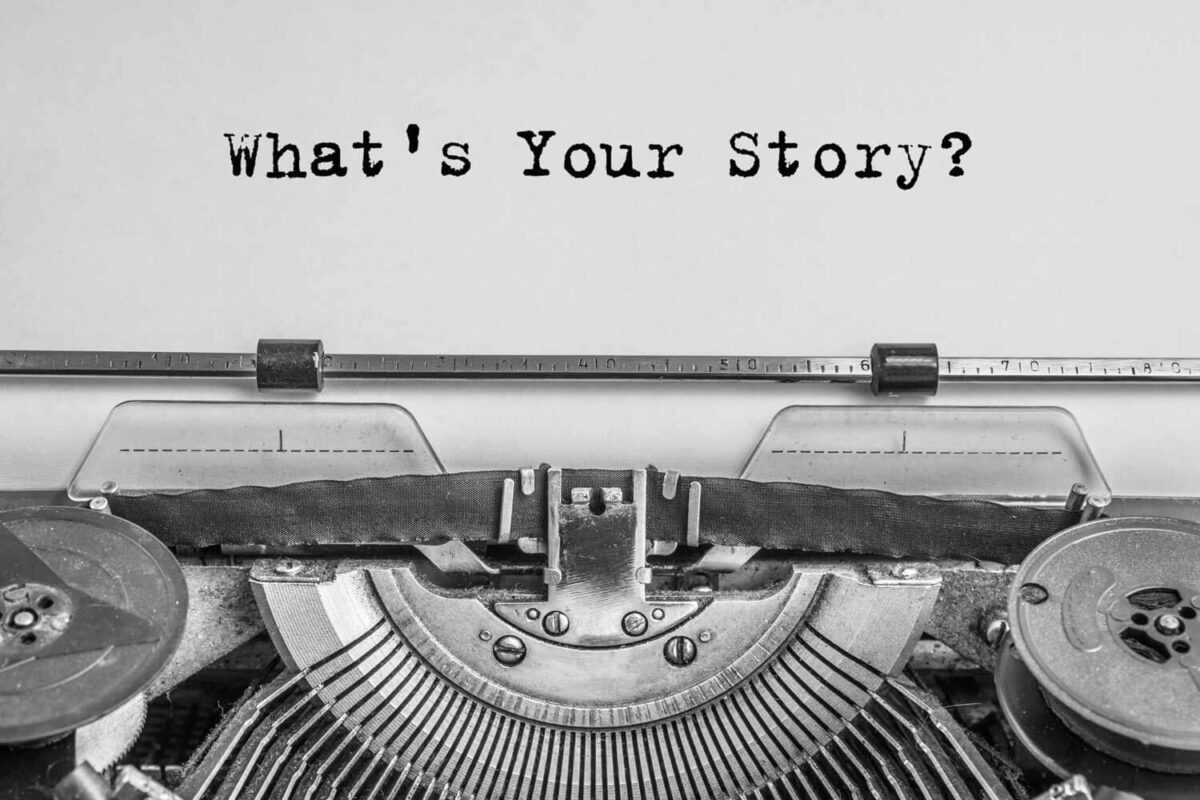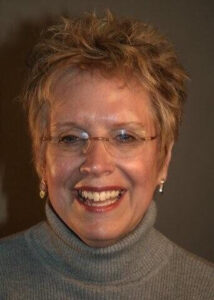
Author Sue Roupp believes as writers write about their struggles, they gain power over them. It doesn’t matter if they won or lost, just that they survived.
“People of all ages want to write about either an incident in their lives or their entire lives, and in that writing there is an implicit affirmation: the writer survived, growing in understanding and wisdom,” she says.
The author of Memoir Writing in 6 Easy Steps: Your Life Counts, Roupp will share her experience and knowledge on writing memoirs in two University of Wisconsin–Madison courses: What’s Your Story? Writing the Memoir, offered online anytime, and Write Your Memoir Fast and Sure, Saturday, October 19, at the Pyle Center on the UW–Madison campus.
The classes are part of Continuing Studies’ From Wisconsin series: programs for exploring important ideas that began in Wisconsin.
“I have seen writers’ tears as they write difficult scenes and anger remembering something terrible that happened. I’ve seen smiles when they complete a scene,” Roupp says. “In the writing they do there is a kind of relief they can write about things they remember and be okay with that in the present.”
‘Your life counts’
Roupp wrote her how-to book while teaching memoir writing in Chicago and in Vermont. She also had a talk show in Chicago featuring underserved writers and others in the arts.

“The commonality of elements of human existence no matter where I teach struck me as I saw a variety of individuals struggle to write,” she says. “I heard, ‘Does my life count?’ from many in my classes – and it is the subtitle of my book: ‘Your Life Counts!’”
Write Your Memoir Fast and Sure is a full-day retreat offering sessions for emerging and established memoir writers. Nationally recognized instructors Julie Tallard Johnson and Coleman join Roupp and session director Laurie Scheer for a day devoted to developing, writing, and revising the memoir.
“Attendees will build confidence and skills at this workshop,” Roupp says. “They will leave with the challenge and fun of doing a bit of writing, learn their lives matter and have people there to cheer them on.”
In the online course What’s Your Story? Writing the Memoir, Roupp will give one-on-one support that leads students through powerful exercises to help put their stories on the page. There are online options for both new and seasoned writers, including written critiques.
“The way I teach is to develop confidence and skill simultaneously for both new and more experienced writers,” Roupp says. “In writing a memoir one can get lost in memories and not know how to begin to write about their lives. When I teach I am very aware of how complex memoirs can be.”
‘A validation of your existence’
Roupp says across Wisconsin she’s seen a wide variety of themes as people writer their memoirs—from rural writers dealing with financial losses and love of their country way of life to urban writers sharing about racial disparities and housing. But the similarities are striking: people facing illness, family issues, job losses and gains, and more.
Her main messages are that no matter the writer, your life matters and the struggles you went through in your life allowed you to survive. And, each writer’s wisdom could help someone else survive in their life: Others will want to read your memoir because they need to know that it is okay to struggle.
“Memoir writing is a validation of your existence. It can be just for yourself, either self-published or agent-published,” Roupp says. “It doesn’t matter what the writer wants to do with their memoir, what matters is they struggled through their doubt and uncertainty to write it.”
For information on What’s Your Story? Writing the Memoir and Write Your Memoir Fast and Sure, contact Sue Roupp at sroupp@gmail.com or Laurie Scheer at laurie.scheer@wisc.edu or 608-265-3972.